
An interdisciplinary research team led by MolES faculty member James Carothers, Dan Evans Career Development Associate Professor of Chemical Engineering, received a new $1 million research grant from the National Science Foundation (NSF) to investigate whether cells can learn.
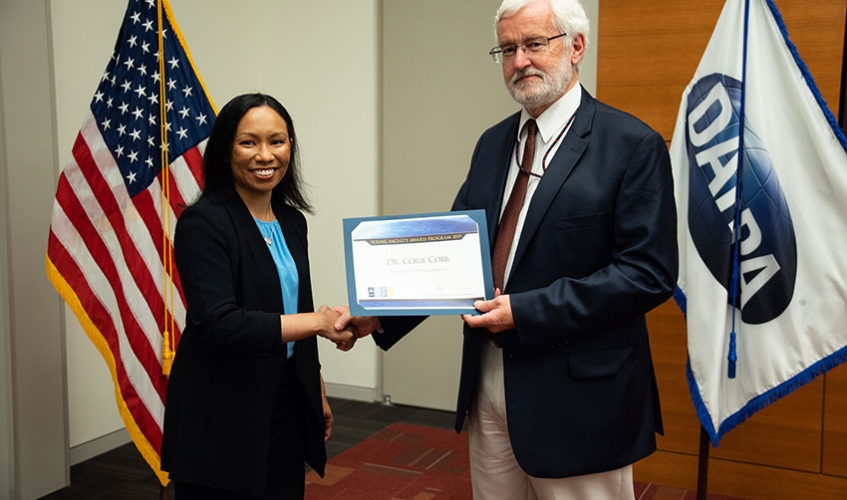
Corie L. Cobb, Washington Research Foundation Innovation Associate Professor in Mechanical Engineering and Clean Energy, is the recipient of a 2019 Young Faculty Award from the U.S. Defense Advanced Research Projects Agency (DARPA).
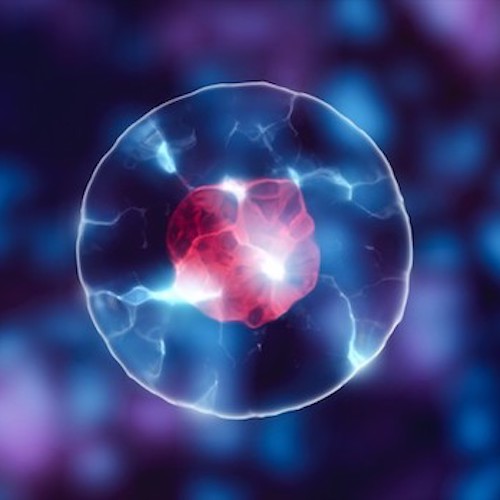
A new study published in PNAS from the lab of Sarah Keller, MolES faculty member and UW professor of chemistry, was recently featured in The Atlantic.
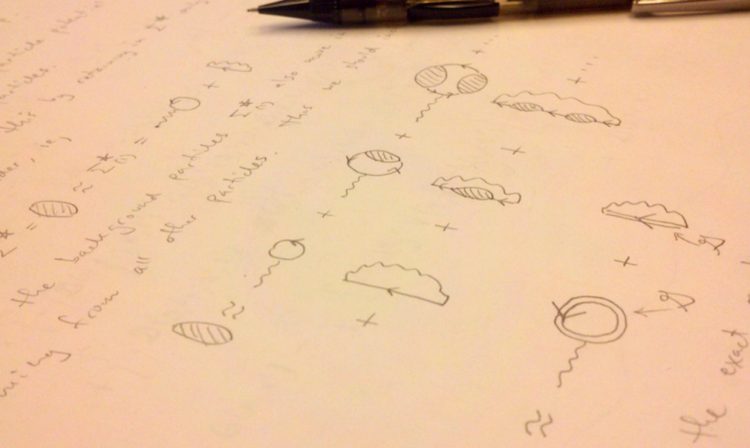
In a paper published online July 30 by the journal ACS Nano, David Masiello, MolES faculty member and professor of chemistry, and colleagues from Rice University and Temple University, report a new breakthrough on controlling the thermal profiles of materials at the nanoscale. The team of researchers designed and tested an experimental system that uses a near-infrared laser to actively heat two gold nanorod antennae "” metal rods designed and built at the nanoscale "” to different temperatures. The nanorods are so close together that they are both electromagnetically and thermally coupled. Yet the team measured temperature differences between the rods as high as 20 degrees Celsius. By simply changing the wavelength of the laser, they could also change which nanorod was cooler and which was warmer, even though the rods were made of the same material.
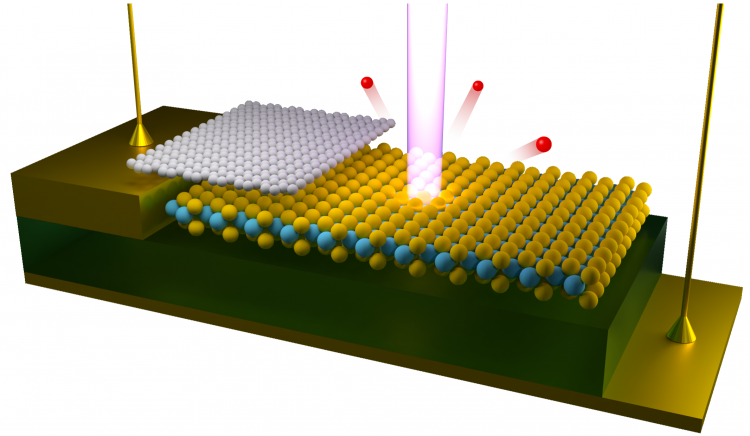
For the first time, scientists have visualized the electronic structure in a microelectronic device, opening up opportunities for finely tuned, high-performance electronic devices. UW physicists David Cobden and Xaiodong Xu, in collaboration with colleagues at the University of Warwick, developed a technique to measure the energy and momentum of electrons in operating microelectronic devices made of atomically thin "” so-called 2D "” materials. Their findings, published last week in the journal Nature could lead to new, finely tuned, high performance electronic devices.
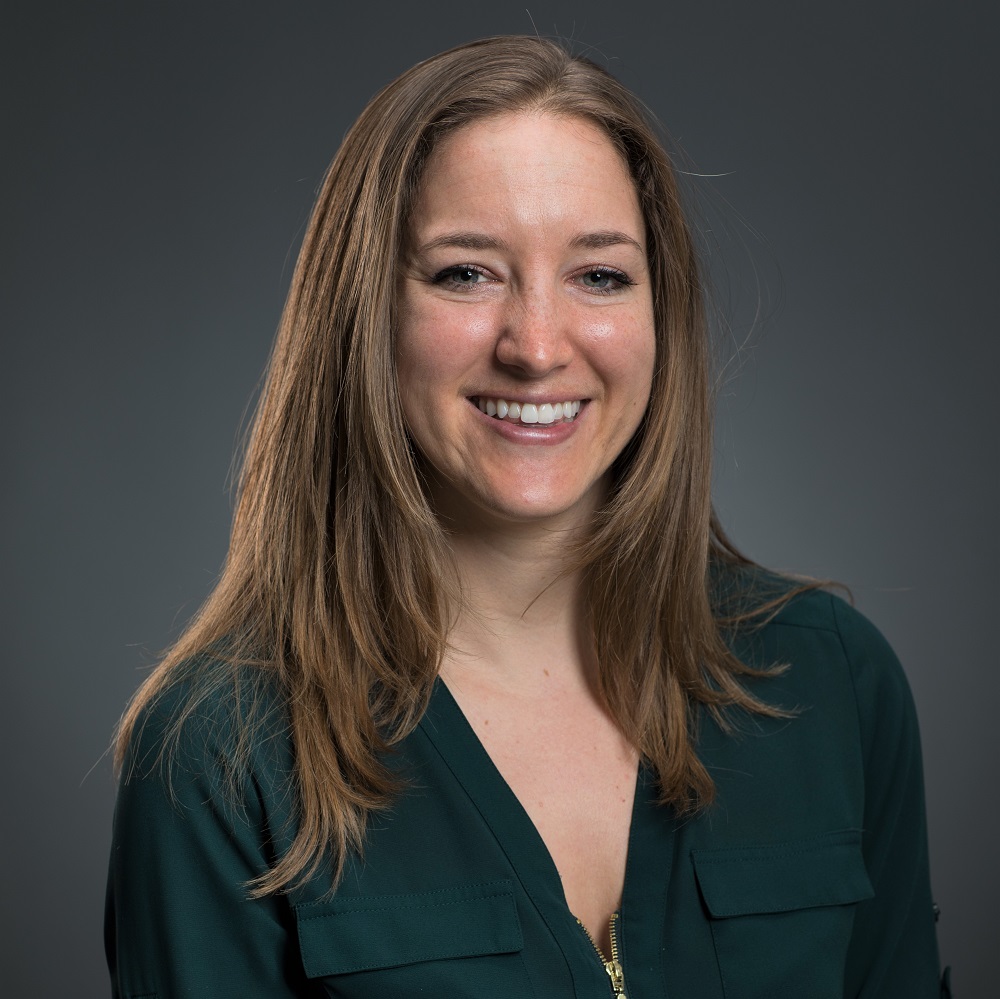
The award, also known as the PECASE, is the highest honor given by the U.S. government to early-career scientists and engineers "who show exceptional promise for leadership in science and technology."

Hao Shen pioneered the creation of self-assembling protein fibers from scratch in the lab of UW Biochemistry professor David Baker. Hao was part of our first cohort of students and is the first student to receive a PhD in molecular engineering from the University of Washington. Read more about Hao's scientific journey!
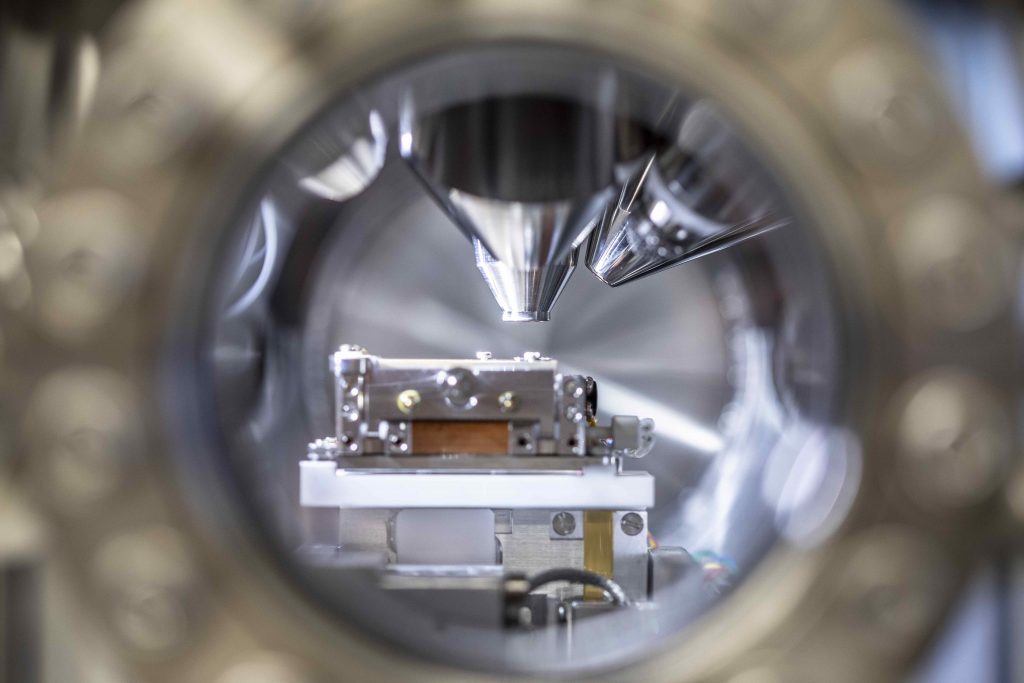
Workshop attendees will learn the nuts and bolts of surface characterization including commonly used methods and data analysis techniques. Lectures are accompanied by demonstrations on MAF instruments to provide attendees with a better understanding of the materials covered in workshop lectures.
In a paper published May 20 in the journal Nature Materials, a research team led by MolES faculty member Cole DeForest unveiled a new strategy to keep proteins intact and functional in synthetic biomaterials for tissue engineering. Their approach modifies proteins at a specific point so that they can be chemically tethered to the scaffold using light. Since the tether can also be cut by laser light, this method can create evolving patterns of signal proteins throughout a biomaterial scaffold to grow tissues made up of different types of cells.
Bioengineers have cleared a major hurdle on the path to 3D printing replacement organs with a breakthrough technique for bioprinting tissues. A research team led by MolES faculty member Kelly Stevens, assistant professor of bioengineering and investigator at the UW Medicine Institute for Stem Cell and Regenerative Medicine, has created exquisitely entangled vascular networks that mimic the body's natural passageways for blood, air, lymph and other vital fluids. The team published its findings May 3 in the journal Science. Their research was also featured in Newsweek, Forbes, among other outlets.